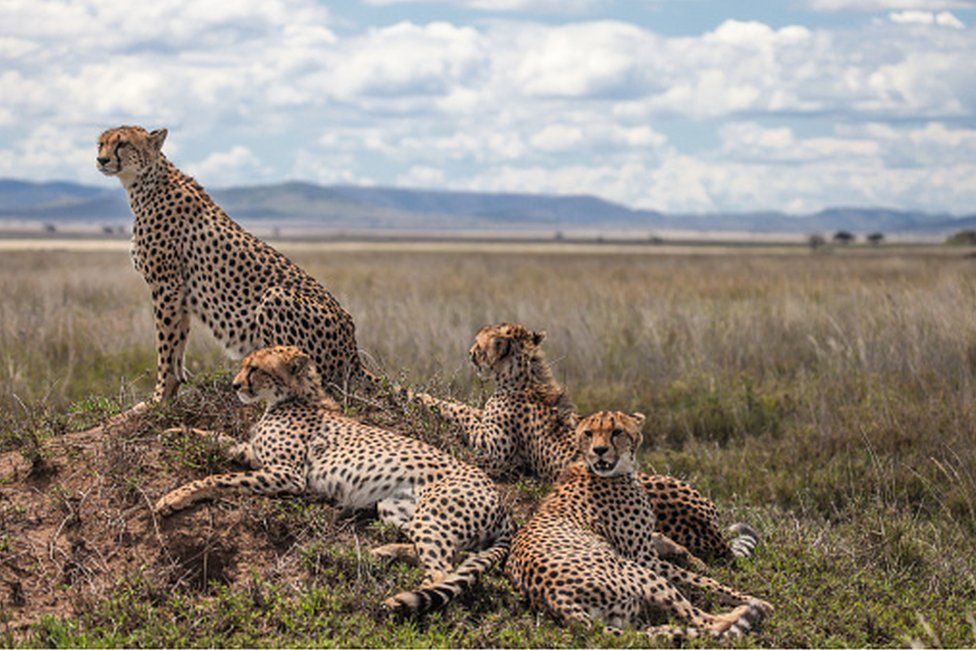It has been recognised in many circles but fossil fuels have been a problem for a very long time. Generally the argument has gone, there is nothing that can replace them.
What should we do about companies who were pushing the idea that was nothing to replace fossil fuels, while at the same time working to stop electric cars ever coming to market?
Some people might argue that in a free market society, you can do nothing. That has to be wrong. Exxon bought the lithium ion battery patent back in 1966, and then completely suppressed it -this is why the Sony Walkman only arrived in 1991, precisely 25 years after the patent was given when it expired. Chevron Texaco did something similar in 1999, when they bought the right to certain battery chemistry, and a particular type of battery plug in the hope of stopping that technology ever coming to market in the form of a battery for a car.
Car and fossil fuel companies cannot be allowed to get away with this. Indeed it has to be illegal.
Indeed if it isn’t, the free market system must change otherwise these companies will have the ability to make the fight against climate change that much harder.
There needs to be a way to inflict significant damage on a company which intentionally fights against the long-term human interests in order to maximize short term profits. Perhaps the only way to handle this is to fine the share holders? If the share holders know that they are going to be financially liable for any bad behaviour, this will force the value of the company down when ever they misbehave.














